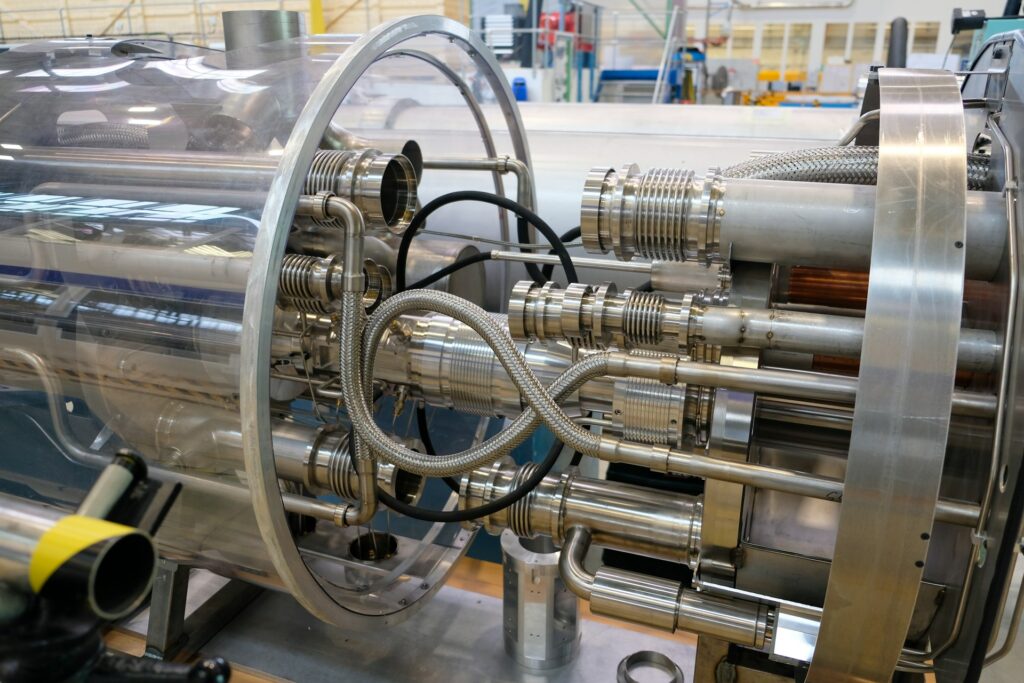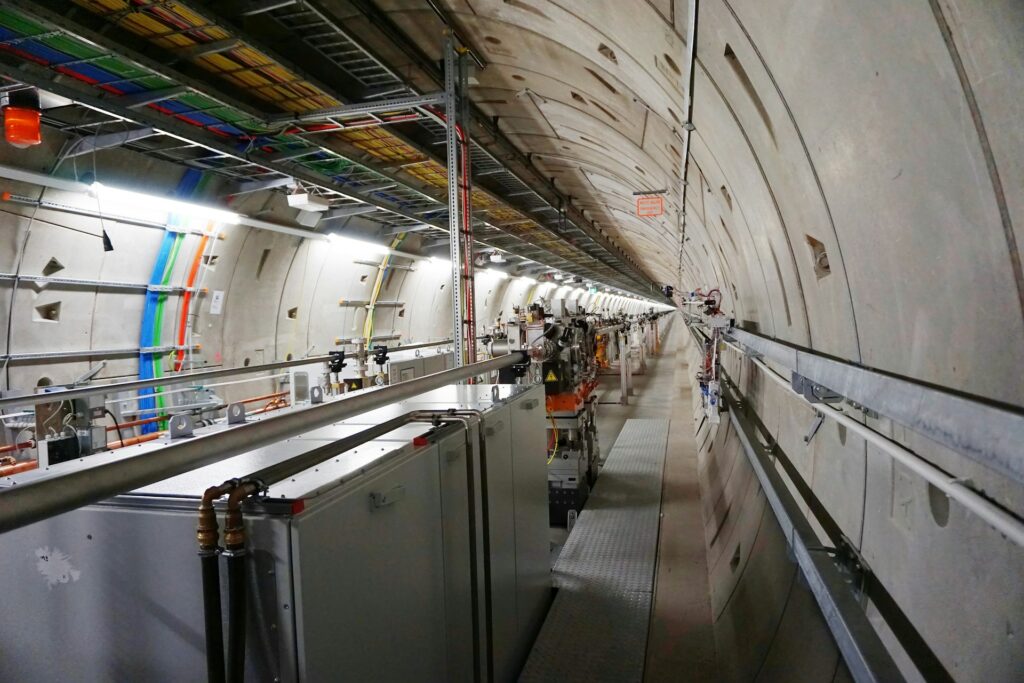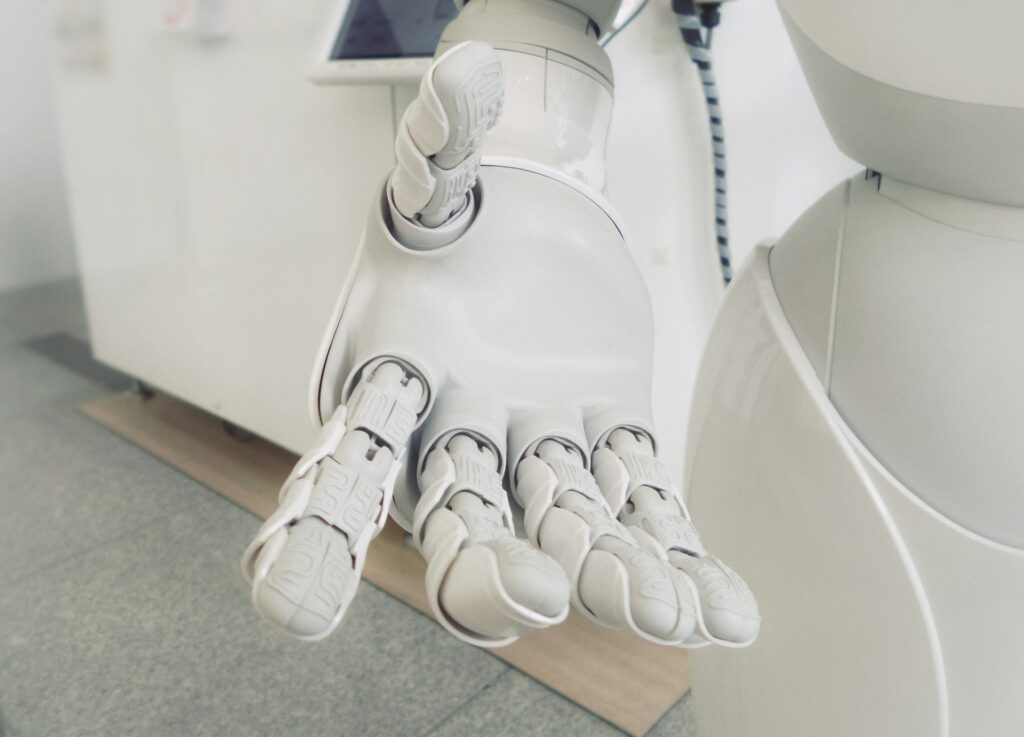Scientists are developing tools to detect one of the most elusive components in our universe; dark matter. While making up about 85% of the universe’s mass, dark matter has remained undetectable using conventional observational methods. However, a breakthrough experiment at the Large Hadron Collider (LHC) could change that.
Recently, researchers unveiled a new “camera trap” designed to capture fleeting signals of dark matter particles. Led by physicist Ashutosh Kotwal at Duke University, the team has devised an AI-powered image recognition system that can process data from the LHC in near real-time.
“To detect dark matter, we need something that can operate much faster than any current system. Our AI algorithm processes data in less than 250 nanoseconds, which is 100 times faster than previous techniques,”
Kotwal explained. The system, embedded on silicon chips, sorts through thousands of particle collisions each second, identifying patterns that could indicate dark matter.

Kotwal’s approach utilises what he calls a “track trigger”; a fast algorithm capable of detecting brief particle tracks that disappear after a short distance.
“Our job is to ensure that if dark matter production is happening, our technology is up to snuff to catch it in the act,”
said Kotwal. By utilising AI engines running simultaneously, the tool is capable of sifting through vast amounts of data and flagging potential dark matter signals, all while ignoring and dismissing irrelevant noise.
This experiment is part of an effort to refine the search for dark matter. From sterile neutrinos to axions, researchers have been testing various hypotheses, hoping to understand more about Dark Matter. The AI-driven technique led by Kotwal could enhance the accuracy of these searches, making it possible to detect even the faintest signs of dark matter.
“If we succeed, it would fundamentally alter our understanding of the universe,”
said Hunter Kemeny, a researcher working alongside Kotwal. “Dark matter is the key to so many unanswered questions, and this new tool could be the breakthrough we’ve been waiting for”
Companies like Nvidia have expressed interest in the technology, specifcally highlighting the role AI plays in accelerating scientific discovery.
“The integration of AI into particle physics is an exciting frontier, and we’re committed to supporting breakthroughs like these,”
said Jensen Huang, CEO of Nvidia, whose company has been collaborating with universities to improve computational power for such experiments.
As this technology evolves, the coming years could be crucial in uncovering direct evidence of dark matter. Kotwal and his team hope to have a full prototype of the device operational within a few years.

Hassan graduated with a Master’s degree in Chemical Engineering from the University of Chester (UK). He currently works as a design engineering consultant for one of the largest engineering firms in the world along with being an associate member of the Institute of Chemical Engineers (IChemE).



